April 23, 2021
AMBITUS luminaire by Rainlight Studio for Zumtobel wins ‘Best of the Best’ at prestigious Red Dot Awards

Rainlight Studio has been awarded the ‘Best of the Best’ product prize at this year’s Red Dot Awards for AMBITUS, an innovative high performance luminaire designed for Austrian manufacturer Zumtobel, combining state-of-the-art technology within a nuanced form. Yorgo Lykouria, founder and creative director of Rainlight, collaborated with Zumtobel, one of the world’s most well-respected lighting manufacturers, over a ten-year period to create AMBITUS, distinctive because of its compact profile and circular shape to emit maximum light distribution, in a sector dominated by linear forms. (more…)








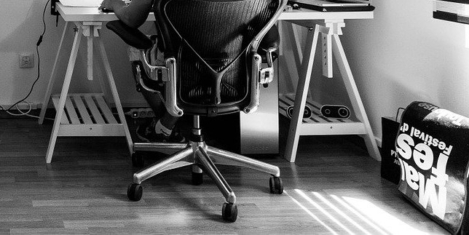
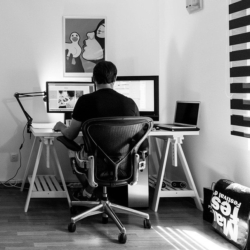 Research commissioned by
Research commissioned by 
 Skills have become the new currency of workforce and talent strategies, as more than half of organisations that responded to the
Skills have become the new currency of workforce and talent strategies, as more than half of organisations that responded to the 
 If a robot worker makes a mistake on the job, or annoys customers, businesses may not give it a pink slip and a cardboard box for its office belongings, but companies may be forced to shut down these expensive machines, according to a team of researchers. Knowing how to better design and manage these robots may help service industry firms both avoid losing their investments in the robots, as well as secure an increasingly necessary source of extra help, the team added.
If a robot worker makes a mistake on the job, or annoys customers, businesses may not give it a pink slip and a cardboard box for its office belongings, but companies may be forced to shut down these expensive machines, according to a team of researchers. Knowing how to better design and manage these robots may help service industry firms both avoid losing their investments in the robots, as well as secure an increasingly necessary source of extra help, the team added. 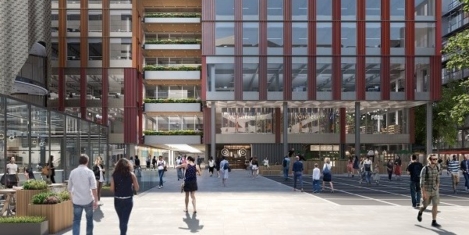
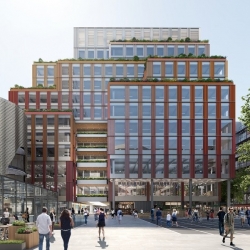 British Land has announced that JLL has chosen 1 Broadgate for its new UK flagship office. JLL, the global real estate services firm, has signed an agreement for lease for 134,000 sq ft on a 15 year term, representing a pre-let of nearly a third of the office space.
British Land has announced that JLL has chosen 1 Broadgate for its new UK flagship office. JLL, the global real estate services firm, has signed an agreement for lease for 134,000 sq ft on a 15 year term, representing a pre-let of nearly a third of the office space. 
 The productivity benefits of homeworking appear to have increased during the pandemic, with employers now more likely to say that the shift to homeworking has boosted productivity (33 percent) than they were in June 2020 (28 percent). This is according to new research by the
The productivity benefits of homeworking appear to have increased during the pandemic, with employers now more likely to say that the shift to homeworking has boosted productivity (33 percent) than they were in June 2020 (28 percent). This is according to new research by the 
 Research by VINCI Facilities claims that the UK facilities management sector does not possess a thorough, detailed strategic approach to combatting climate change. In the autumn of 2020
Research by VINCI Facilities claims that the UK facilities management sector does not possess a thorough, detailed strategic approach to combatting climate change. In the autumn of 2020 
 Remote work, rapidly accelerated by the pandemic, is now essential to business success and worker productivity. However, as parts of the world open up and hybrid work becomes a reality, research claims that companies must invest in establishing flexible work policies and programs, and address a sizeable disconnect in trust between decision makers and employees, according to a Forrester study commissioned by
Remote work, rapidly accelerated by the pandemic, is now essential to business success and worker productivity. However, as parts of the world open up and hybrid work becomes a reality, research claims that companies must invest in establishing flexible work policies and programs, and address a sizeable disconnect in trust between decision makers and employees, according to a Forrester study commissioned by 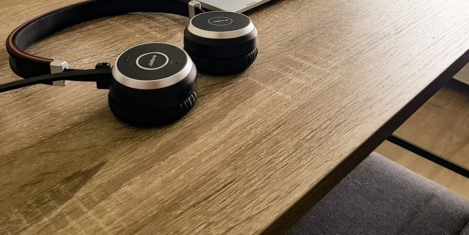
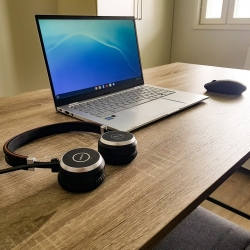
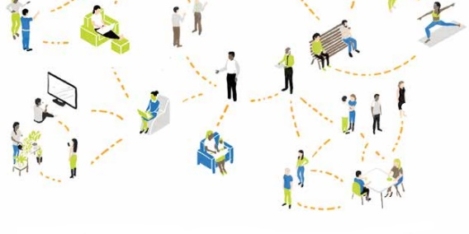
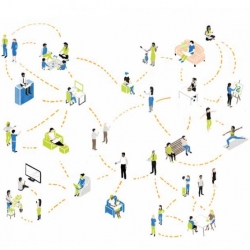 As lockdown restrictions are eased and employees head back to the office a new report is calling for businesses to reinvent the world of work. The Human Organisation report highlights how the current workplace model is based on bureaucracy and hierarchy, which stifles employee empowerment and creativity.
As lockdown restrictions are eased and employees head back to the office a new report is calling for businesses to reinvent the world of work. The Human Organisation report highlights how the current workplace model is based on bureaucracy and hierarchy, which stifles employee empowerment and creativity. 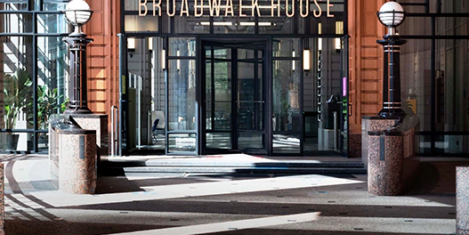










March 29, 2021
Mental health transparency at the top is the key to workplace wellbeing
by Elaine Carnegie • Comment, Wellbeing